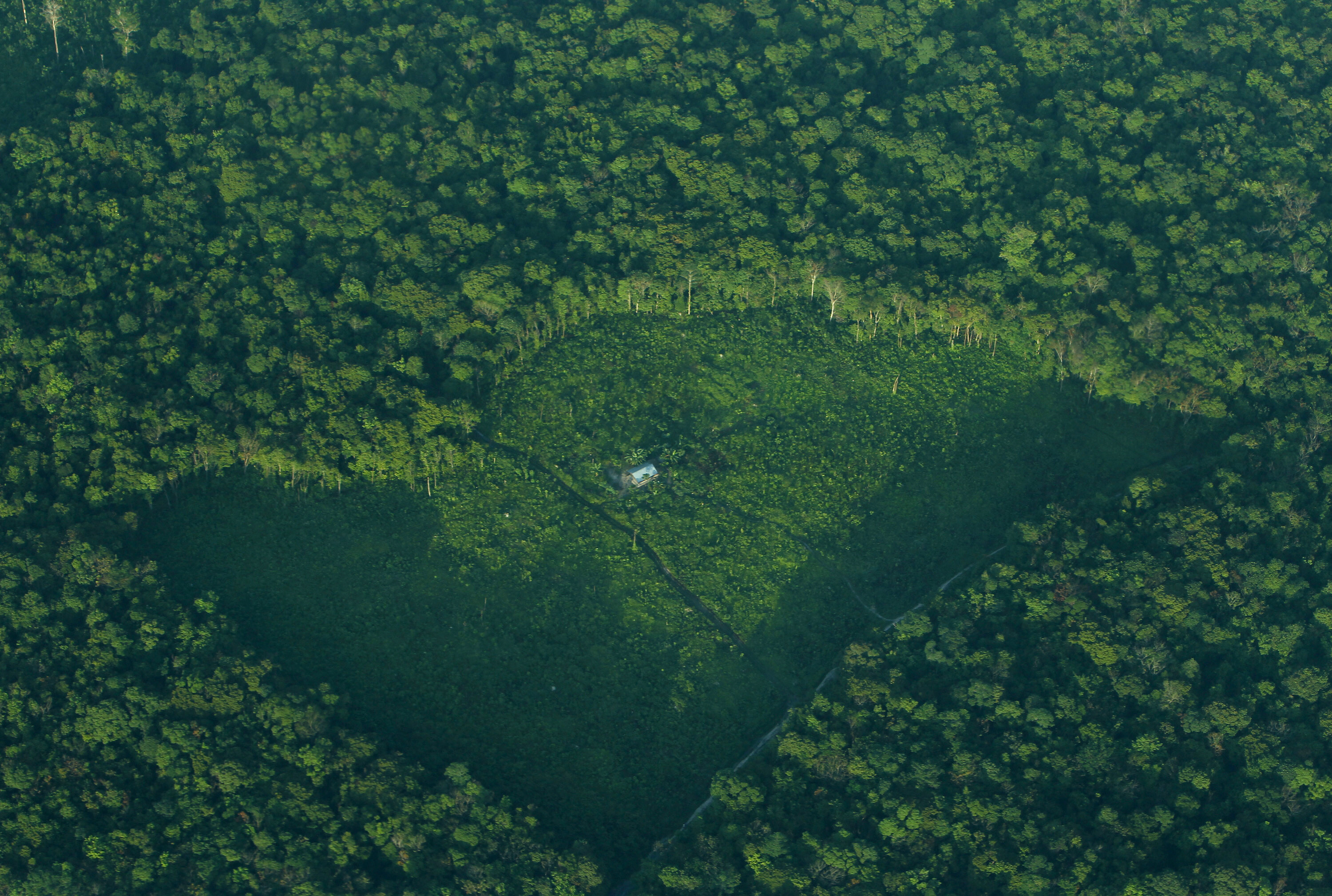Warfare in a world beyond nation states

The group known as ISIS, ISIL and the Islamic State has gained global notoriety through its taste for video-recorded executions and large-scale atrocity, with a background of further human rights abuse that includes arbitrary imprisonment and sexual enslavement.
While its thirst for violence, blood and misery – and especially the way it glories in these crimes – mark it out from other non-state armed forces of our age, this is really only a quantitative distinction. Other groups – many of them part of the global Al Qaeda franchise – do the same, only less. Al Nusra in Syria, Al Qaeda in the Islamic Maghreb and the Nigerian group known in the West as Boko Haram all do some of what ISIS does on a somewhat smaller scale.
But what really marks ISIS out is that it has claimed statehood and with that has established some of the machinery of state management. ISIS has not only proclaimed the new Caliphate, the rule of the successors of the Prophet Muhammad – not that it has any theological credibility to do so – but also administers the area of northern Iraq and eastern Syria where it holds sway. It handles law and order, some social services on a selective basis, and has an intelligence service and system of informers set up for it by former officials of the overthrown Ba’athist regime of Saddam Hussein. Adding to the lavish funds it has raised from the Gulf region, it has also taken over and emptied the central bank in Mosul, making it the richest non-state armed force in the world and equipping it to be a non-state state.
The phenomenon is not without precedent: the Provisional Revolutionary Government in South Vietnam did much the same in the late 1960s and early 1970s, without the self-glorification of atrocity and terror. And it is not without parallel today. The Taliban have effective control over parts of Afghanistan and was effectively the state in the late 1990s, until the US-led offensive overthrew it in October 2001.
Among other examples, for a long time FARC has been in control of large areas of Colombia, while the Seleka militia is in charge of northern areas of Central African Republic. Having withdrawn from Bangui in January 2014 under heavy international pressure, they are recuperating by systematically taxing gold and diamond mining, livestock and other economic activities – behaving in part like a nascent state. Some groups have not based themselves outside the territory over which they are fighting, but have waged warfare that is not territorially limited. In the Al Qaeda mode, they have fought what they perceive to be a global enemy. Today, perhaps the trend is in the opposite direction: re-entry into an era of the non-state state.
The Global Risks 2015 report is now live.
Author: Dan Smith is the Secretary General of International Alert and a part-time Professor of Peace and Conflict Studies at the University of Manchester.
Image: Smoke raises behind an Islamic State flag after Iraqi security forces and Shiite fighters took control of Saadiya in Diyala province from Islamist State militants, November 24, 2014. REUTERS/Stringer
Don't miss any update on this topic
Create a free account and access your personalized content collection with our latest publications and analyses.
License and Republishing
World Economic Forum articles may be republished in accordance with the Creative Commons Attribution-NonCommercial-NoDerivatives 4.0 International Public License, and in accordance with our Terms of Use.
The views expressed in this article are those of the author alone and not the World Economic Forum.
Stay up to date:
Regional Organisations
Related topics:
Forum Stories newsletter
Bringing you weekly curated insights and analysis on the global issues that matter.
More on Global CooperationSee all
Sebastian Buckup and Maximilian Martin
November 13, 2025






